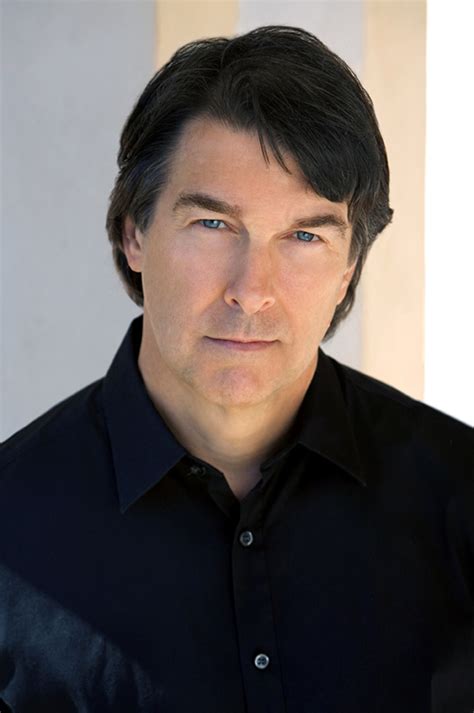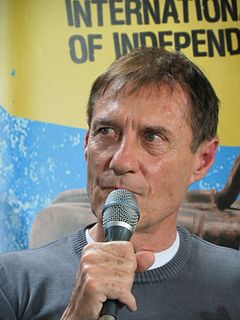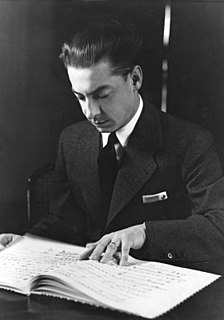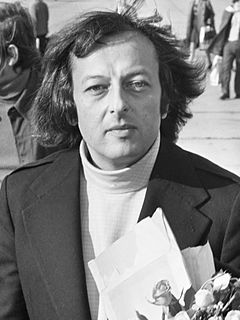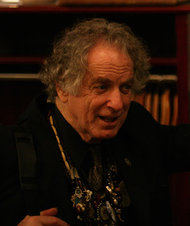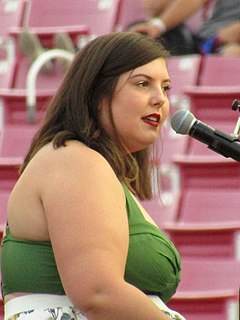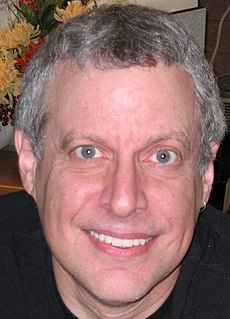A Quote by Henry Mancini
The most immediately gratifying thing about my work is conducting a large orchestra. But the long range payoff is composing because you've written something and it's there forever.
Related Quotes
My fear is you have to be careful as a writer to not get caught up in social media and blogging, because it can start to feed into your writing time. When you are writing a book, it's such a long journey where the payoff is way at the end, sometimes years away. The payoff of the blog post is today. You get the reinforcement, comments or "likes" immediately. It's appealing. You have to be patient with the book.
I'm very motivated by the occasional creative payoff that comes when something goes really well, be it a song, a recording or performance. The payoff is enormous - when you get it. Most of the time, though, I'm filled with self-loathing and general frustration at the limitations I have as a musician.
I feel like people have more in common than the news reports. People getting along doesn't sell very well in the news. I find that to be deeply depressing. I don't even talk about it on stage, because it would take too long to explain. I'd have to spend an hour on it to get people to understand what I'm saying because it's so instantly polarizing. Because cable news has kind of set up a construct where you're for or against something immediately. So if I said something about it, people would be for or against me immediately. And I don't want that.

